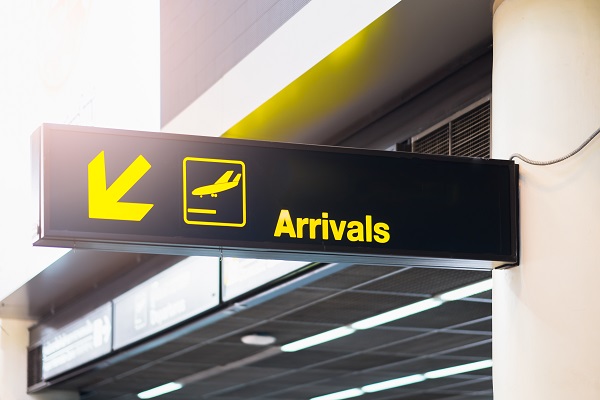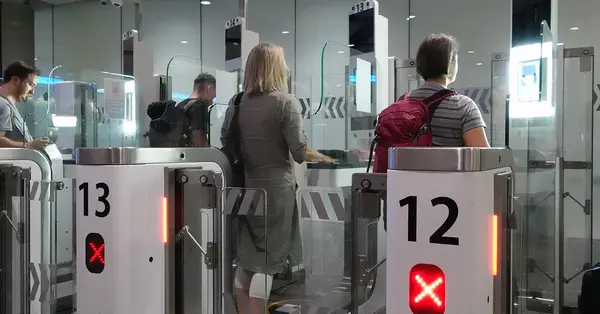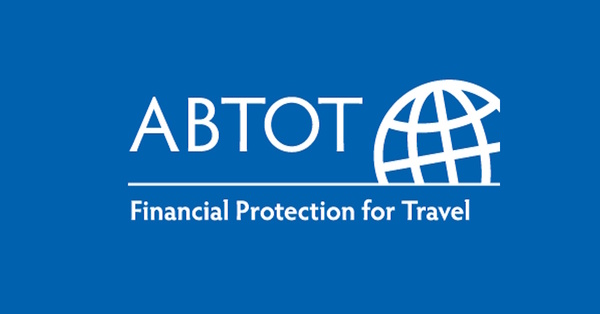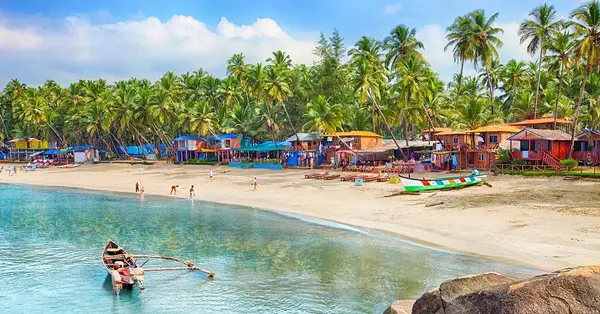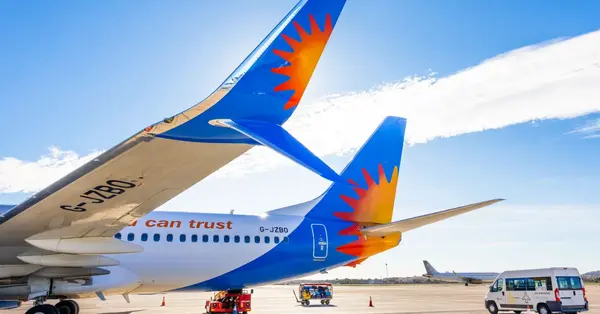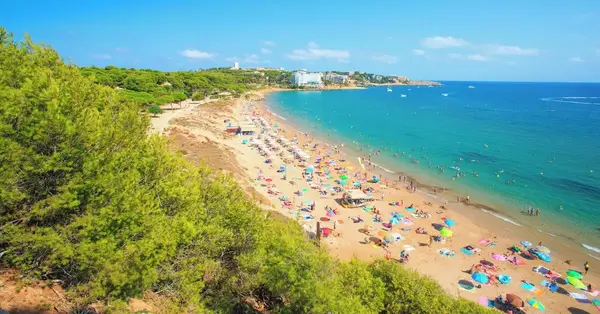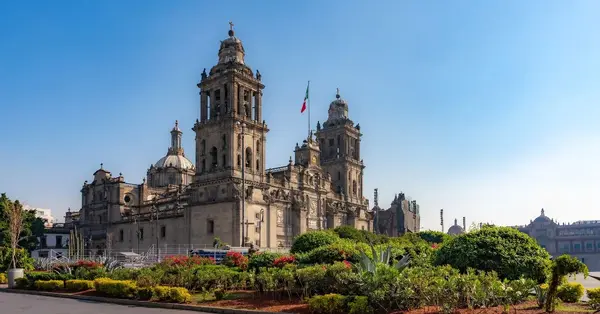You are viewing 1 of your 2 free articles
Southern African countries added to red list over variant fear
Six southern African countries are to be added to the red list from noon on Friday amid concern over a new Covid variant.
Health secretary Sajid Javid tweeted flights would be temporarily banned and UK travellers arriving from the countries will have to quarantine.
All flights from South Africa, Namibia, Zimbabwe, Botswana, Lesotho and Eswatini are being suspended in what the African Travel and Tourism Association called a “hammer blow”.
“More data is needed but we’re taking precautions now,” Javid tweeted. “From noon tomorrow six African countries will be added to the red list, flights will be temporarily banned, and UK travellers must quarantine.”
Arrivals from 4am on Sunday will be required to quarantine in a hotel, with those arriving before then required to quarantine at home and take PCR tests on day two and eight. Those who have arrived in the past 10 days are also being contacted and asked to take a PCR test.
The Scottish government confirmed it was introducing the same restrictions, with its requiremtent for hotel quarantine being introduced from 4am on Saturday.
COVID-19 UPDATE:@UKHSA is investigating a new variant. More data is needed but we’re taking precautions now.
From noon tomorrow six African countries will be added to the red list, flights will be temporarily banned, and UK travellers must quarantine.
— Sajid Javid (@sajidjavid)
COVID-19 UPDATE:@UKHSA is investigating a new variant. More data is needed but we're taking precautions now.
— Sajid Javid (@sajidjavid) November 25, 2021
From noon tomorrow six African countries will be added to the red list, flights will be temporarily banned, and UK travellers must quarantine.
The government reduced the red list to zero at the end of October. But the red list itself, and 10-day quarantine, remained as a precautionary measure “to protect public health”, transport secretary Grant Shapps said at the time.
Reports said scientists were concerned about the number of mutations seen in the new variant, known as B.1.1.529, and the effectiveness of protection offered by vaccination or previous infection.
The reports added that just 59 cases of the new variant had been identified, in South Africa, Botswana and Hong Kong, with none in the UK so far.
In a video post, Javid said: “The early indication we have of this variant is it may be more transmissible than the Delta variant and the vaccines that we currently have may be less effective against it.
“We have always been clear that we will take action to protect the progress we have made.”
He added: “Our scientists are deeply concerned about this variant. That’s one of the reasons we’ve taken this action today.
“We don’t know enough about this variant, noone does… but I think it is right that we take this approach and that we remain cautious.”
Transport secretary Grant Shapps said: “We’ve always maintained public safety is our number one priority, which is why we’ve kept in place measures which allow us to protect the UK from new variants.
“We’re taking this early precautionary action now to protect the progress made across the country, and will continue to keep a close eye on the situation as we continue into the winter.
Dr Jenny Harries, chief executive of the UK Health Security Agency, said: “Scientists at UKHSA are in constant close collaboration with colleagues around the world to identify and assess variants as soon as they emerge.
“This is the most significant variant we have encountered to date and urgent research is underway to learn more about its transmissibility, severity and vaccine-susceptibility. The results of these investigations will determine what public health actions may limit the impact of B.1.1.52.”
Nigel Vere Nicoll, president of the African Travel and Tourism Association (ATTA), called the announcement “a complete hammer blow to all of our members”.
“While the safety of all concerned must be considered, it is heart-breaking that this has happened to an industry that is grappling to get back on their feet after the past 20 months,” he said. “We will work closely with the governments of South Africa, Namibia, Zimbabwe, Botswana, Lesotho and Eswatini to understand the full impact of this announcement and how we can support our members and their customers.”

